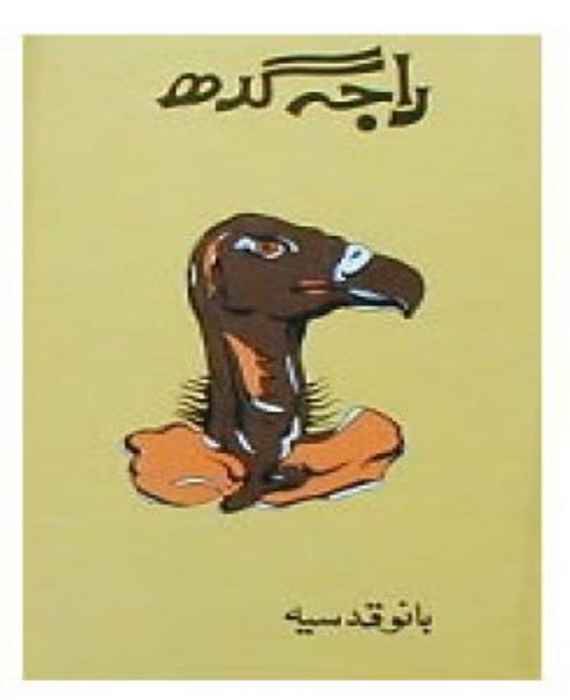The novel is a social document that asserts its own identity in relation to the socio-political problems of an age. Post-partition, the novel was used to address the budding identity crisis faced by a post-colonial consciousness. Writers turned to literature to pose questions of self-identity as it was under flux from the external social forces of migration and cultural conflict. The Urdu novel took up the 1947 Indo-Pak partition as a major focal point from which to dissect the consciousness of a post-colonial society.
The prominent works of Pakistani Urdu literature include the following.
1. Aag ka Darya by Quratulain Hyder (1957)

‘River of Fire’ poses the question of personal and collective identity of a society through generations. The novel moves through centuries and brings to light the thoughts being raised in the mind of a people, as they are colonized by oppressive forces, and consequently, swept into the turmoil of the partition of the Sub-continent. The physical layer of the tragedy conceals a deeper psychological tragedy as the characters wander around in search for ways to reaffirm their identity in the new scheme of things, like the heroes of an absurdist fiction.
2. Udaas Naslain by Abdullah Husain (1963)

Udaas Naslain or ‘Weary Generations’, true to its name, depicts the social and psychological crisis faced by a people shadowing the events of the Partition. The narrative moves between the rustic rugged countryside and the glamorous industrial urban land. This novel does not possess the civilization expanse accredited to Aag ka Darya but it was critically acclaimed for its limited scope that focused upon the events preceding 1947. The novel discovers how a household is affected by external events such as the World War, and the Jallianwala Bagh massacre, and how their individual and collective lives are transformed due to the events being shaped outside.
3. Basti by Intizar Husain (1979)

Set in the aftermath of the Bangalesh Liberation war in 1971, Basti is a novel built around a sense of displacement. The novel does not follow a continuous narrative, instead alternates between different time periods in history. The protagonist, Zakir, sifts through his own memories of Rupnagar as a child, evoking nostalgia for the past that was free of extremist conflict. His search is for his ‘home’ and old friends on the other side of the border in the midst of abandoned homes, and a past that is littered with sentimental reproaches. The novel deals with the political turmoil in an indirect way, yet their influence upon an individual’s psyche is portrayed.
4. Raja Gidh by Bano Qudsia (1981)

Raja Gidh or ‘The Vulture King’ reflects upon the moral decay of a modern society. The framework of the novel follows a parallel allegorical story of a vulture feeding of the carcasses of dead animals, and Qudsia asserts its similarity to a society that has transgressed its moral boundaries. The novel surfaced at an important time in Pakistani politics as Zia’s islamization regime had superimposed restrictions upon the literature that was being produced. The novel builds up on the contention that people who engage in haram acts will suffer genetic mutations in their next generations. Raja Gidh receives criticism for conforming to the state narrative in order to gain patronage, and reflecting the anxiety of a traditionalist as the mores of a society change.






